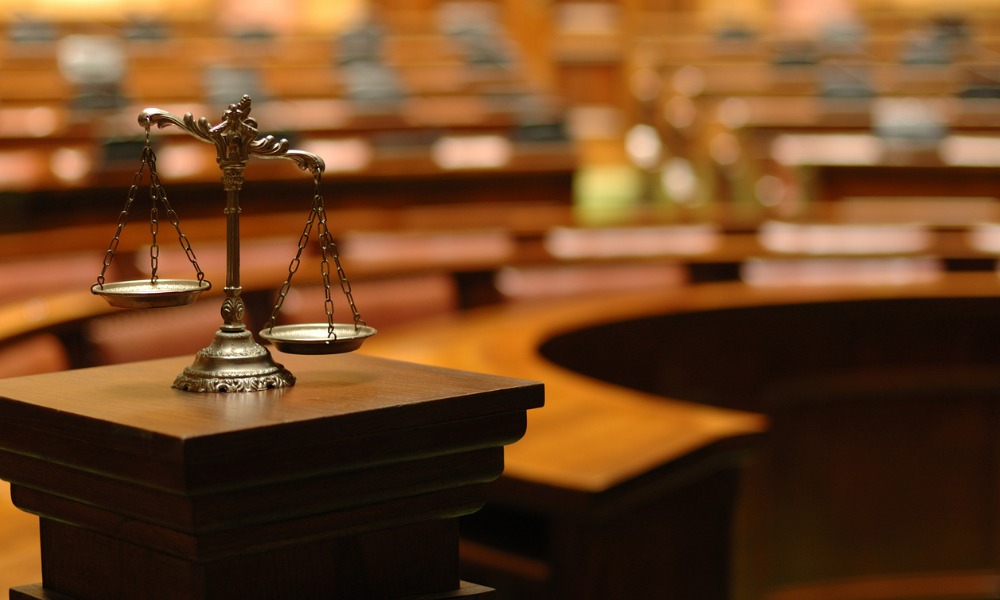
The case has put into focus questions about procedural fairness

A child sex offender has appealed to the High Court for a retrial over claims that he was convicted on prejudicial evidence.
The case, which deals with the admission of medical evidence based on the alleged failure of the trial judge to direct the jury, has put into focus questions about procedural fairness.
A jury had convicted Malcolm Laurence Orreal of three counts of indecent dealing with a child under 16 years and two counts of digital rape. At his trial, the prosecution presented evidence indicating that both Orreal and the complainant had tested positive for the Herpes simplex virus type 1 (HSV-1). Orreal tested positive through a blood sample, while the complainant tested positive through a vaginal swab.
A doctor called upon by the court to interpret and explain the findings said that the result from the vaginal swab “was indicative of some sexual contact with a person who, at some stage, had become infected with the virus, and was, at the time of that contact, shedding the virus.” The doctor said that results from the blood sample meant that “at some time in his life, Orreal had been infected with the virus.”
The trial judge then directed the jury to “take that evidence into account along with all of the other evidence” even though they could not know the exact period during which HSV-1 could have been contracted by either the complainant or Orreal. Orreal’s counsel also failed to object to the medical evidence.
Orreal argued that the HSV-1 test results were “irrelevant, inadmissible, and highly prejudicial” as evidence in his trial. In an appeal to the Court of Appeal of the Queensland Supreme Court (CA), he argued that the trial judge’s direction to the jury was lacking and that its effect was “to license the jury to engage in the smoke and fire reasoning in determining questions of credibility.”
Orreal submitted that the trial judge should have instructed the jury to “disregard the evidence completely” as a matter of law. He said the “trial judge’s lack of definitive guidance” as well as his counsel’s failure to object to the medical evidence gave rise to a miscarriage of justice and deprived the appellant of a fair chance of acquittal.
The CA upheld the trial judge’s ruling. It said that there was no failure of the trial process in Orreal’s case. Thus, Orreal brought his appeal to the High Court, claiming that the CA was “wrong in concluding that there was no risk that the jury would use the evidence in a way that was adverse to [him].”
The High Court will hear the case this month.